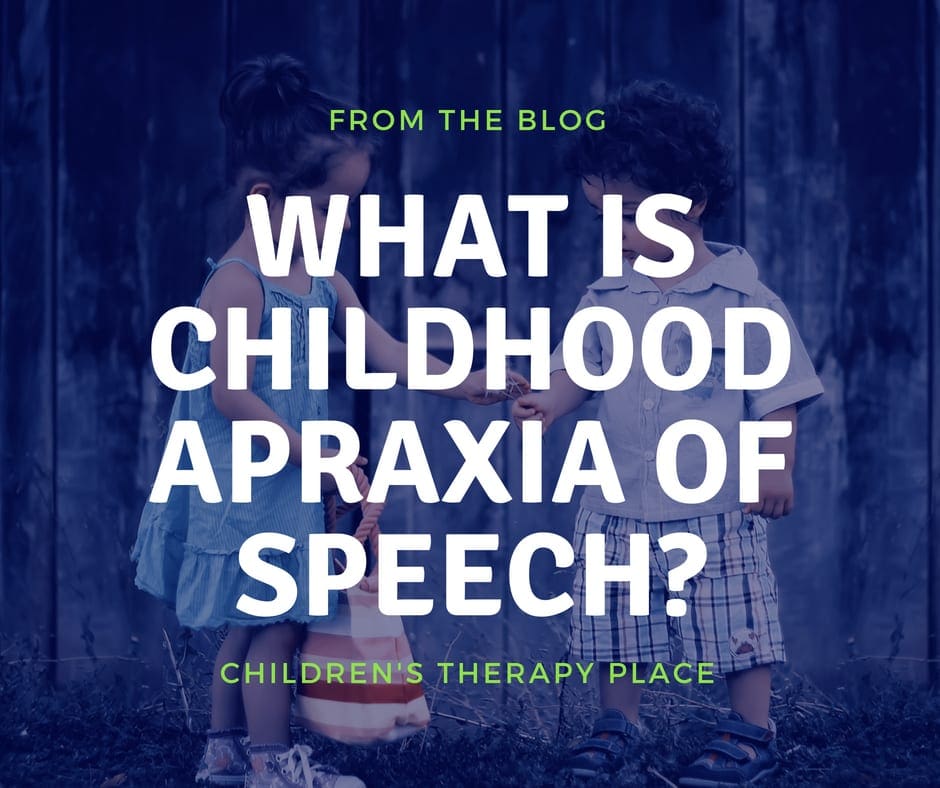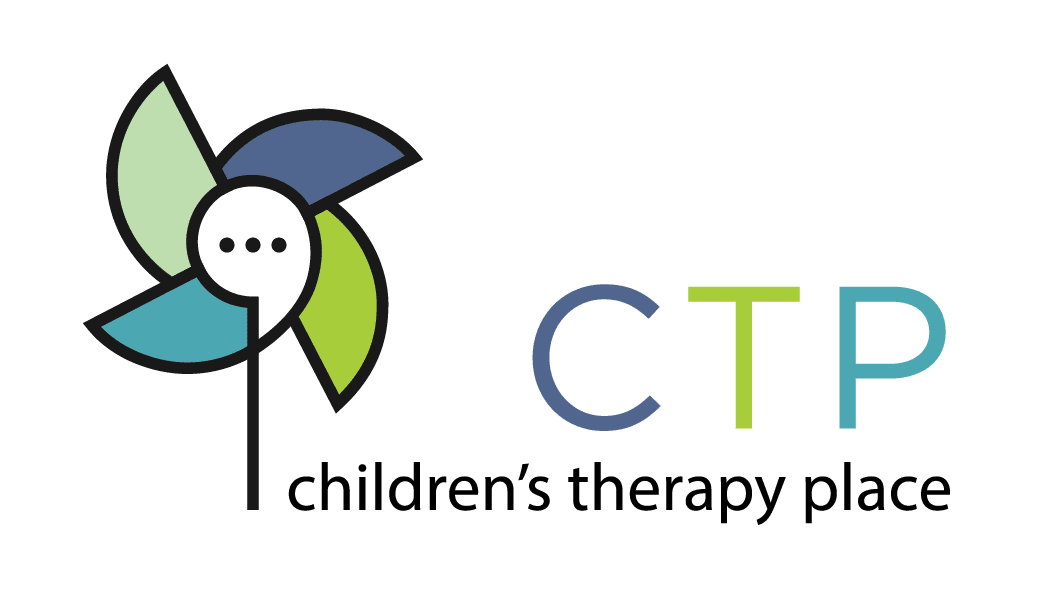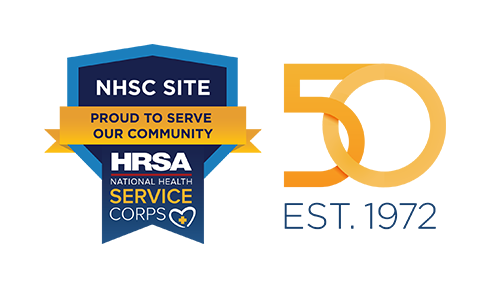What is Childhood Apraxia of Speech?

Childhood what?! Is a typical and normal reaction when a parent or caregiver hears the term “Childhood Apraxia of Speech” or CAS for the first time. When you are seeking the help of a professional due to concerns you may be having with your child’s development it can be challenging, add in receiving a diagnosis that you may have never heard of and you find yourself at the beginning of a whole new adventure. So, let’s break it down.
 Childhood Apraxia of Speech is a speech disorder that is neurological in nature. Imagine this, remember when you were a kid and you played whisper down the lane? Well, Childhood Apraxia is similar to that, the message starts out strong, in this case coming from the brain, but by the time it gets to the end of the line (the mouth) the message has been changed or altered so that the original message gets misinterpreted along the way. In other words, the brain sends a message to the mouth, but the message gets mixed up. For example, the brain tells your mouth to say “pop,” but your mouth says “tot”. When the error is attempted to be corrected a different error may be made such as “bop” “mop”. The inconsistency in errors made is a key characteristic to Apraxia. Key
Childhood Apraxia of Speech is a speech disorder that is neurological in nature. Imagine this, remember when you were a kid and you played whisper down the lane? Well, Childhood Apraxia is similar to that, the message starts out strong, in this case coming from the brain, but by the time it gets to the end of the line (the mouth) the message has been changed or altered so that the original message gets misinterpreted along the way. In other words, the brain sends a message to the mouth, but the message gets mixed up. For example, the brain tells your mouth to say “pop,” but your mouth says “tot”. When the error is attempted to be corrected a different error may be made such as “bop” “mop”. The inconsistency in errors made is a key characteristic to Apraxia. Key
Characteristics of CAS include:
Inconsistent errors
Errors increase as sentence length increases
Evidence of regression; meaning loss of words which child had previously mastered.
Groping
So, how do we know if it’s apraxia? Due to rare the occurrence of CAS and other disorders which may present similarly, it is important to seek help from a speech language pathologist who has experience working with CAS. The role of the speech language pathologist is to provide a comprehensive evaluation that will consist of several steps which may include a thorough case history, oral mechanism evaluation, speech sound inventory assessment, and language assessment. Based on testing results and observation, a speech language pathologist may be able to infer if a child has CAS. After the assessment a plan of care will be developed with personalized goals to directly target each child’s need.
Treatment will involve direct sessions with a speech pathologist, a home exercise program, and family and caregiver education to assist the child in their natural environment. Consistency and repetition are vital in the treatment of apraxia-so doing your homework and attending all therapy sessions will promise the best success for your child!
As a parent with a child who may have apraxia it is important to remember you are not alone. There are many resources available and support groups you can find on social media. It is helpful to remember to be patient, your kiddo is doing their best and it’s not that they don’t want to communicate it’s just that it is hard for them!
Understanding the disorder is the first step to being the best support system for you child! Embrace their uniqueness and be their coach and biggest fan. Learning to talk is not always easy, especially with apraxia, but enjoying the small achievements along the way will help!
Apraxia info can be found at: http://www.apraxia-kids.org

